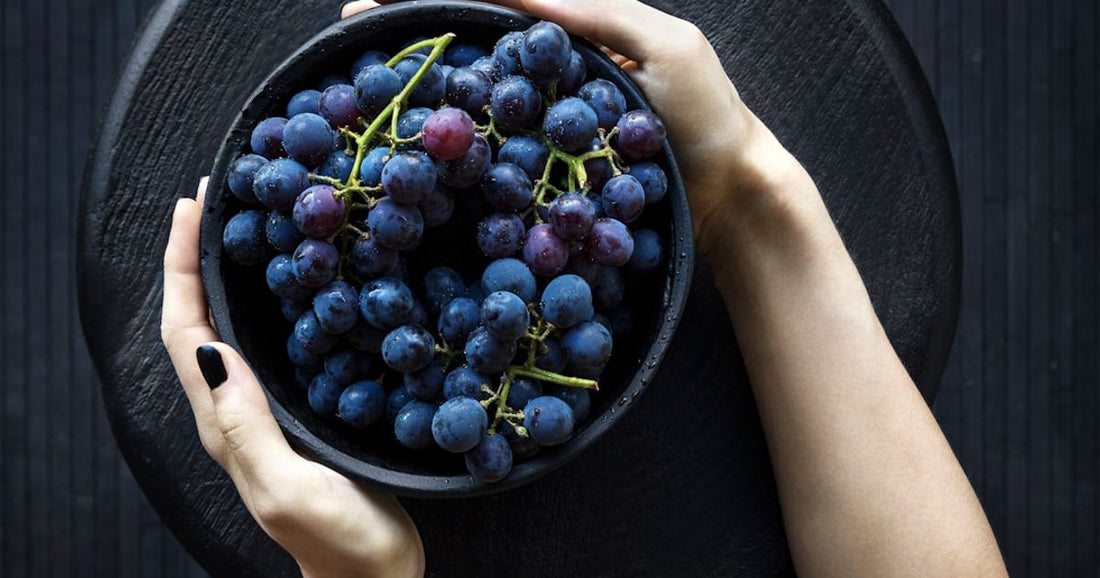
Decoding Spanish Wine Legal Terms
Share
Spain, a country synonymous with rich history, vibrant culture, and, notably, exquisite wines, offers a labyrinth of laws and classifications that can bewilder even the most ardent wine enthusiasts. Understanding the legal framework surrounding Spanish wines is paramount for aficionados seeking to deepen their appreciation and knowledge of this cherished beverage. This guide aims to decode the complex web of Spanish wine laws, shedding light on classifications, regulations, and what they mean for the consumer. Whether you're a seasoned connoisseur or a curious novice, this article will navigate you through the intricacies of Spanish wine legal terms, ensuring a more informed and enjoyable wine experience.
Key Takeaways
Before we delve into the complexities of Spanish wine laws, here are some key points to remember:
- Spanish wine laws categorize wines based on the region of origin, grape varieties, and aging processes.
- The classification system includes terms like "Denominación de Origen Protegida (DOP)" and "Vino de Pago," each indicating a specific quality and origin standard.
- Understanding these classifications can enhance your wine selection process, allowing you to make more informed choices based on quality, region, and aging techniques.
Understanding Denominaciones de Origen (DO)
Spain's wine classification system is designed to ensure quality and authenticity, with "Denominaciones de Origen" (DO) playing a central role. This term, akin to the French "Appellation d'Origine Contrôlée" (AOC), signifies that a wine comes from a specific geographic area with recognized expertise in producing wines that reflect the unique characteristics of that region.
The Role of Regulatory Councils
Each DO is governed by a regulatory council responsible for setting and enforcing standards related to grape varieties, winemaking practices, and aging requirements. These councils also oversee the labeling process, ensuring that wines meet the stringent criteria necessary to bear the DO designation. This meticulous oversight guarantees that consumers receive authentic products reflective of each region's terroir and winemaking heritage.
Geographic Specificity and Quality Assurance
The geographic specificity inherent in the DO classification not only protects the reputation of wine-producing regions but also assists consumers in identifying wines that align with their preferences. By understanding the characteristics typical of wines from specific DOs, aficionados can make more informed decisions, selecting wines that promise a certain profile in terms of flavor, aroma, and aging potential.
Exploring Vino de Pago (VP)
"Vino de Pago" (VP) represents the pinnacle of Spanish wine classifications, denoting wines produced in a specific estate with exceptional qualities. This classification is reserved for wineries that not only demonstrate a unique microclimate and terroir but also consistently produce wines of outstanding caliber.
Stringent Requirements for VP Status
Achieving VP status requires adherence to rigorous standards, surpassing those of DO classifications. Wineries must prove that their wines possess unique qualities directly attributable to specific geographic locations within their estates. This level of specificity ensures that VP wines offer a singular expression of their terroir, distinguishing them as some of the finest wines Spain has to offer.
The Significance of VP Wines for Collectors and Enthusiasts
For collectors and enthusiasts, VP wines represent the epitome of Spanish winemaking excellence. These wines are highly sought after, not only for their exceptional quality but also for their rarity and the prestige associated with their limited production. Understanding the VP classification allows wine lovers to explore the upper echelons of Spanish wines, uncovering bottles that promise an unparalleled tasting experience.
Deciphering Aging Terms: Crianza, Reserva, Gran Reserva
Spanish wine laws also dictate specific aging requirements for wines to qualify for terms like "Crianza," "Reserva," and "Gran Reserva." These classifications provide insight into the aging process and the expected complexity and depth of the wines.
Crianza: The Gateway to Aged Wines
Crianza wines must be aged for a minimum of two years, with at least six months in oak barrels. This aging process imparts a balance of fruitiness and matured flavors, making Crianza wines approachable yet complex enough to offer a hint of the aging potential of Spanish wines.
Reserva: A Step Up in Complexity
Reserva wines are subjected to a longer aging process, requiring at least three years of maturation with a minimum of one year in oak. This extended aging allows for the development of deeper, more nuanced flavors and aromas, resulting in wines that strike a harmonious balance between the fruit and the effects of aging.
Gran Reserva: The Pinnacle of Aged Wines
Gran Reserva wines represent the zenith of aged Spanish wines, necessitating at least five years of aging, with a minimum of two years in oak. These wines are only produced in exceptional vintages, ensuring that each bottle offers a complex and refined tasting experience that reflects the best of what Spanish winemaking can achieve.
Organic and Biodynamic Certifications
In response to growing consumer interest in sustainable and environmentally friendly wines, Spanish law has also incorporated organic and biodynamic certifications. These certifications ensure that wines are produced in accordance with strict guidelines that prioritize ecological balance, biodiversity, and the absence of synthetic chemicals.
Organic Certification: Embracing Nature
Organic certification requires adherence to practices that avoid the use of synthetic pesticides, fertilizers, and genetically modified organisms (GMOs). This approach not only benefits the environment but also allows the natural qualities of the grape and terroir to shine through in the wine. For more insights on organic Spanish wines, check out our article on Why Choose Organic Spanish Wines?.
Biodynamic Practices: Beyond Organic
Biodynamic winemaking takes organic principles a step further, incorporating holistic practices that treat the vineyard as a self-sustaining ecosystem. This includes following a biodynamic calendar for planting and harvesting, as well as employing natural preparations to enhance soil health and vitality. Biodynamic wines are often lauded for their vibrancy and depth, offering a unique expression of their origins.
Navigating Spanish Wine Laws: A Consumer's Guide
Understanding Spanish wine laws and classifications can significantly enhance your wine selection process, allowing you to choose wines that align with your taste preferences and values. Whether you're drawn to the robust character of a Gran Reserva, the unique qualities of a Vino de Pago, or the sustainable ethos of organic and biodynamic wines, this knowledge empowers you to navigate the vast landscape of Spanish wines with confidence.
In summary, the intricacies of Spanish wine laws serve not only to protect the heritage and quality of Spain's wine-producing regions but also to guide consumers towards informed and meaningful wine experiences. By familiarizing yourself with these classifications and regulations, you can unlock the full potential of Spanish wines, discovering bottles that resonate with your palate and celebrate the rich tapestry of Spanish viticulture.


